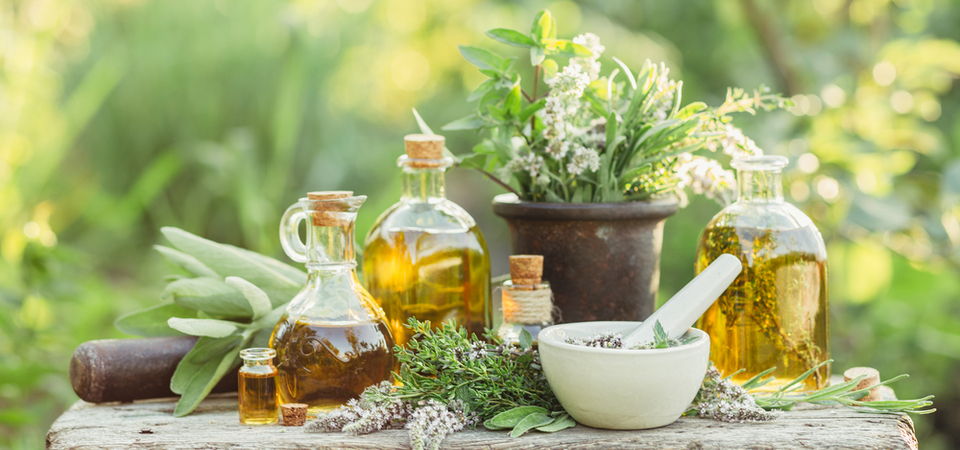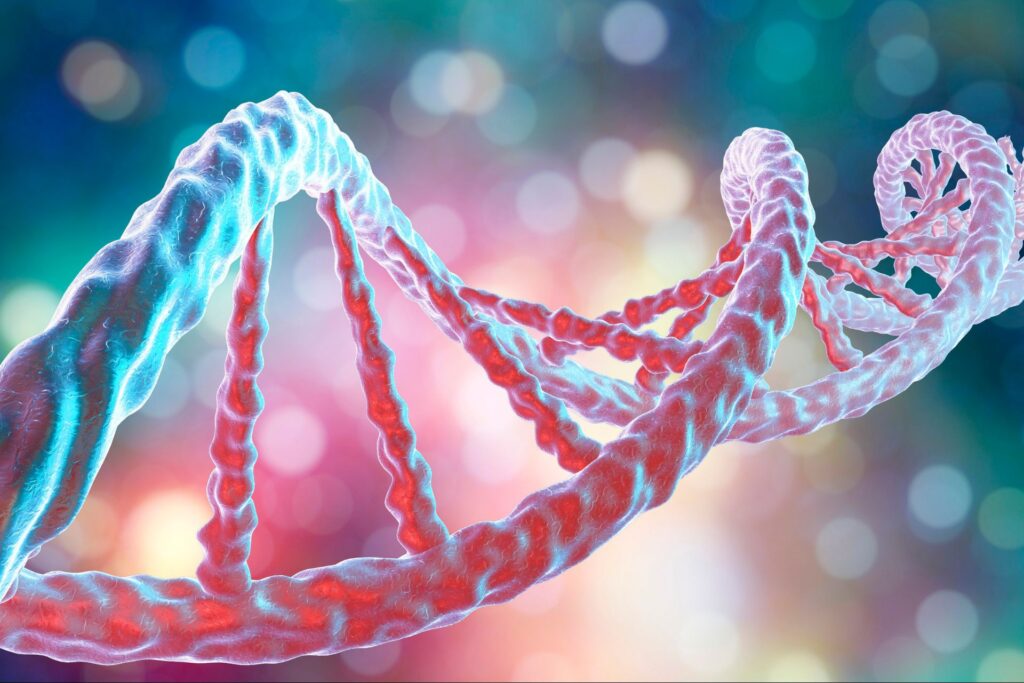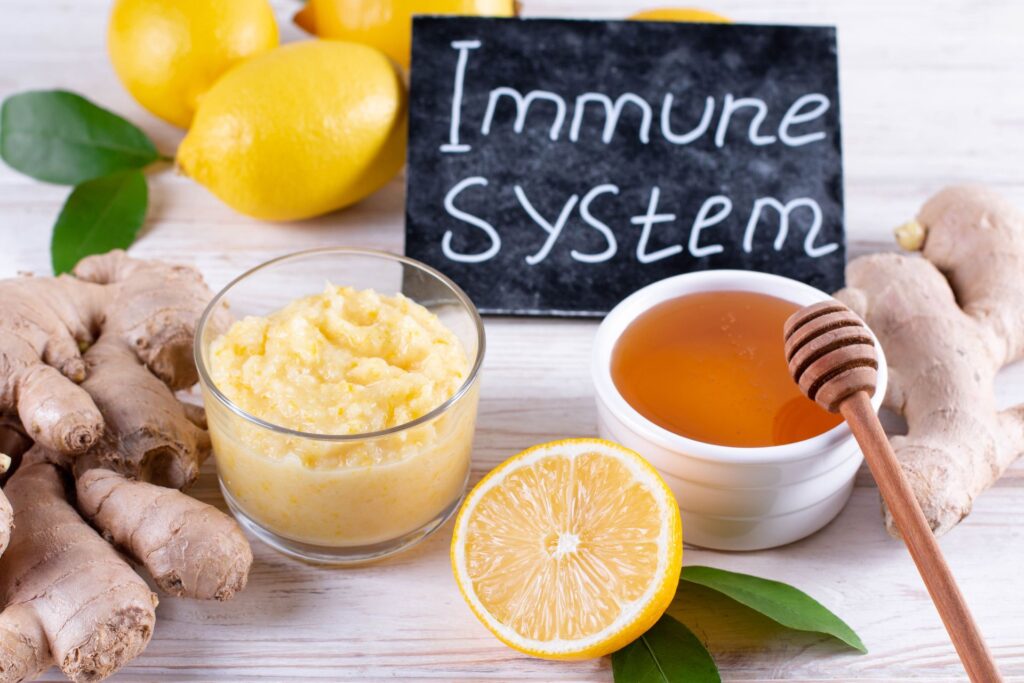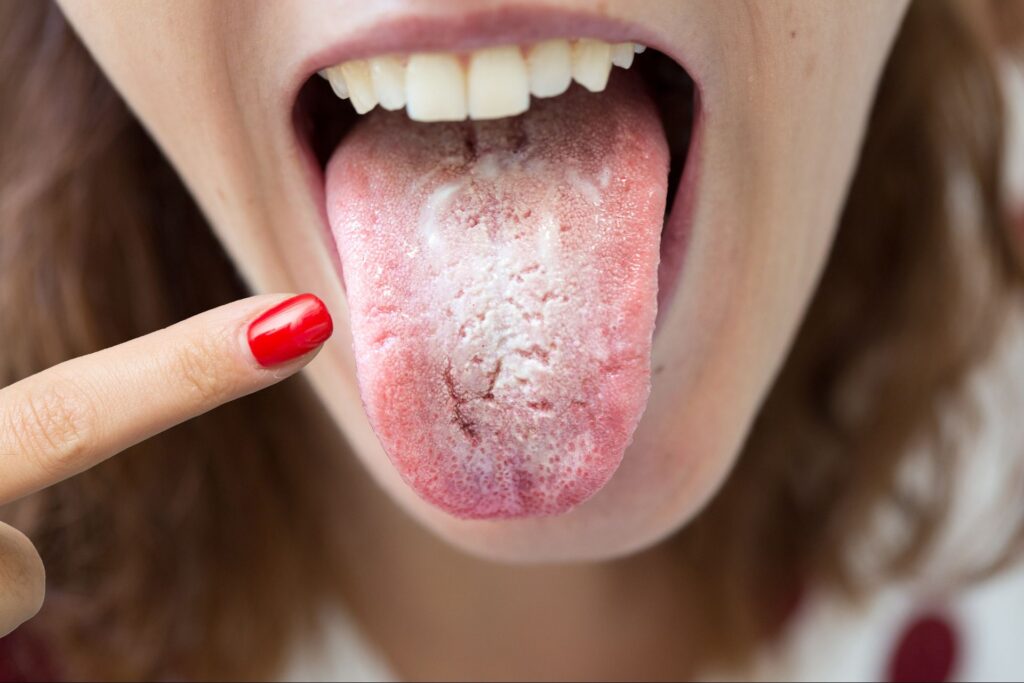Before there was a drug for every ailment or condition, there was an ancient herb – or combination of herbs – used in its place
While we all have symptoms crop up from time to time that are bothersome, it isn’t always necessary – or desirable – to jump to using medications that have unwanted side effects before trying other alternatives. My personal health care beliefs include using diet, lifestyle changes, and nutritional supplements first, before resorting to medication, whenever possible. This has led me on a search over the years to find the most effective herbs and compounds to address everything from digestive woes to weight loss, and so much more. Today, I’m sharing with you three of my favorite ancient healing herbs and how I’ve used them in my own life and herbal formulations.
Berberine, A Powerful Plant Compound
Berberine has been used for centuries in both Traditional Chinese Medicine (TCM) and Ayurvedic medicine to promote healthy digestion. But more recently, hundreds of studies have been done on this alkaloid compound found in many plants and herbal shrubs, from barberry to Oregon grape root and more, because of its amazing benefits on fat metabolism, blood sugar balance, digestion, and overall health. These studies have shown berberine works all the way down to the cellular level, with some mechanisms similar to how pharmaceutical drugs work.
Berberine activates an enzyme known as AMPK, which has been referred to as your “metabolic master switch” and is a main regulator of your metabolism. But it doesn’t stop there. Berberine has antimicrobial properties that help clear out the “bad bugs” and, at the same time, it feeds your beneficial bacteria. It helps balance blood sugar by making cells more sensitive to insulin, while helping to regulate the breaking down of sugars and carbs. It also helps remove cholesterol from the blood stream, lowering cholesterol levels.
Putting it all together, its anti-inflammatory, blood sugar balancing, digestion enhancing, antimicrobial, and cholesterol improving effects all lead to weight loss. In one study done in China, participants lost belly fat and decreased their BMI levels from 31.5 to 27.4, downgrading them from the obese category to the overweight category – in just 3 months. Berberine is found naturally in Oregon Grape Root, a key ingredient that I included in my Fat Flush Weight Loss Formula.
Centaury, A Legendary Healer
Centaury (Centaurium erythraea) was named after Chiron, a mythological centaur who was known as a great healer and the founder of medicine. According to legend, Chiron used centaury to heal the wound from a poisoned arrow. Native healers still use centaury for wounds that may contain poison or venom, include snakebites.
Today, we know centaury as one of the original bitters, used to make herbal and cocktail bitters. As you know, I am a big fan of bitters because they help you build better bile and strengthen digestion. Centaury stimulates secretion of all of your digestive juices, while at the same time it dries up excess fluid to relieve bloating and edema. And centaury is a powerful anti-helminthic, still in use today to eliminate parasitic worms. It sedates the larger worms, causing them to relax their hooks and suckers and release from intestinal walls.
Other members of this bitter gentian family of herbs have been overharvested and are becoming endangered; this is because it’s their roots that need to be harvested, which kills the entire plant. Centuary is still abundant in the wild because only the flowers, leaves and stems of the plant are harvested, leaving established roots to regrow the plant. Sustainable harvesting of these herbal helpers is important to me, and this is why centaury is included in UNI KEY Health’s Verma-Plus formulation, one of three supplements in their immensely popular My Colon Cleansing Kit.
Quassia, A Bark with a Bitter Bite
Quassia (Quassia amara) is an old-world European herbal remedy made from the bark of a tree that originated in the forests of Brazil and Jamaica. History has it that a man from Sweden purchased it from a native healer named Quassi in the 1750s, and the name stuck. When European explorers found the trees growing in their native soils, they named them Quassia.
This very powerful bitter is still used in Europe today as a digestive tonic. Not only does it stimulate the secretion of bile and other digestive juices, it also soothes nausea, indigestion, diarrhea, and other gastric upsets. In addition, it’s used to stimulate appetite and tune up digestion after a long period of illness or general debility.
Quassia is used commercially as a natural insecticide that kills harmful insects and spares the beneficial ladybugs and bees. It’s used on humans and animals externally as a lotion to kill parasites like lice, and internally is used to expel worms and other parasites. Just like it only kills harmful insects as a natural insecticide, it targets parasites and worms in our digestion and spares the beneficial bacteria. It is a featured ingredient in UNI KEY Health’s Para-Key, an excellent herbal cleanse that I use whenever I’m traveling and may be exposed to foreign invaders through food, water, or even stale air on planes and public transport.










15 Responses
How much to take of Berberine daily to lower blood sugar?
What can one take to reduce NAFL?
Kim — 250 – 500 mg of Berberine alone or 2 Weight Loss Formula per meal to lower blood sugar. NAFL has been helped with 2 Bile Builder per meal.
Can the bile builder be taken pre meals with the berberine?
Vee, you can to take them together.
Do u have any suggestions for Lyme Disease with the coinfections if Babesia, bartonella and mycoplasma?
Yes, I would like to know if it will work with the same parasites. Thanks!
Besides doing My Colon Cleansing Kit, Samento can be effective for these co-infections. https://www.amazon.com/NutraMedix-Samento-Microbial-Defense-Ounce/dp/B00CFCRH34/ref=sr_1_3?crid=2OGBKYETH85DV&keywords=samento+nutramedix+1+oz&qid=1555702450&s=gatewa
My son is getting fevers dr can’t find anything wrong what can he takes to help him thank you
Beth, fevers like that can be a symptom of parasites. You may want to have your son take My Colon Cleansing Kit to eliminate that possibility.
Are these in any of the formulas that you have?
Kyla, Please see the products listed above. Berberine is in the Oregon grape root included in Weight Loss Formula. Centaury and Quassia are in My Colon Cleansing Kit.
Must I first do a test to see if I have parasites or may I just use the colon cleansing kit and see how I feel?
Can do My Colon Cleansing Kit without taking GI panel as parasites don’t always show up due to reproduction cycle and time of month.
What do you suggest taking for hair loss due to chemo and medical menopause?
Whole foods rich in protein, omega-3 fatty acids, zinc and biotin may help promote a healthy scalp and hair.
Dark leafy greens. Kale, Swiss chard, spinach and other dark leafy greens are good sources of vitamins A and C, which the body needs to produce the oily substance sebum, a natural conditioner for your hair.
Salmon. Omega-3 fatty acids, of which wild-caught salmon is an excellent source, are important to a healthy scalp. Salmon (choose wild Alaskan salmon) is also a good source of protein. If you don’t like the taste of fish, try a high-quality fish oil supplement like Super EPA. https://unikeyhealth.com/products/super-epa?_pos=1&_sid=3f23ad268&_ss=r
Protein found in Fat Flush Whey Protein, beans and legumes. They are also a source of protein, which helps promote hair growth, as well as iron, biotin and zinc. https://unikeyhealth.com/products/fat-flush-whey-protein